Water pumps are essential tools in agriculture, serving as the heart of irrigation systems and ensuring that crops receive the water they need to thrive. With a wide variety of water pumps available on the market, farmers must carefully consider their specific needs and requirements before making a purchase. In this article, we will explore the different types of water pumps commonly used in agriculture, their unique features, and key factors to consider when selecting the right one for your farm.
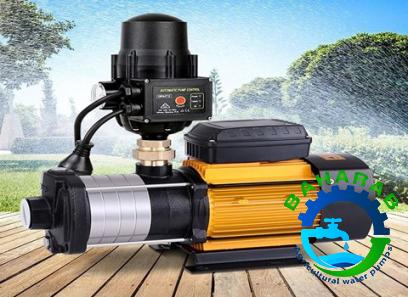
.
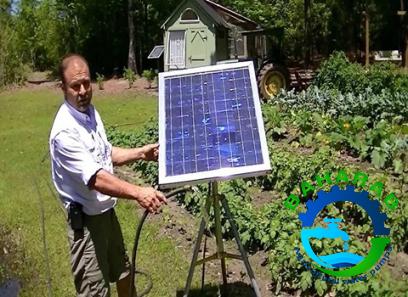 Centrifugal pumps are one of the most common types of water pumps used in agriculture due to their simple design and ease of use. These pumps operate by converting rotational energy into fluid flow using an impeller that spins at high speeds. Centrifugal pumps are ideal for transferring large volumes of water over long distances, making them well-suited for irrigation applications. One of the key advantages of centrifugal pumps is their high flow rate, allowing them to move large quantities of water quickly and efficiently. Additionally, centrifugal pumps are relatively low maintenance and have a long service life, making them a cost-effective option for many farmers.
Centrifugal pumps are one of the most common types of water pumps used in agriculture due to their simple design and ease of use. These pumps operate by converting rotational energy into fluid flow using an impeller that spins at high speeds. Centrifugal pumps are ideal for transferring large volumes of water over long distances, making them well-suited for irrigation applications. One of the key advantages of centrifugal pumps is their high flow rate, allowing them to move large quantities of water quickly and efficiently. Additionally, centrifugal pumps are relatively low maintenance and have a long service life, making them a cost-effective option for many farmers.
Submersible pumps are another popular choice for agricultural applications, particularly in instances where water needs to be pumped from a significant depth. These pumps are designed to be submerged in water, with the motor enclosed in a waterproof housing to prevent damage. One of the primary advantages of submersible pumps is their ability to operate quietly and efficiently, making them suitable for use in residential areas or noise-sensitive environments. Submersible pumps are also highly efficient, as they push water to the surface rather than pulling it, reducing the risk of cavitation and increasing overall pump performance.
..
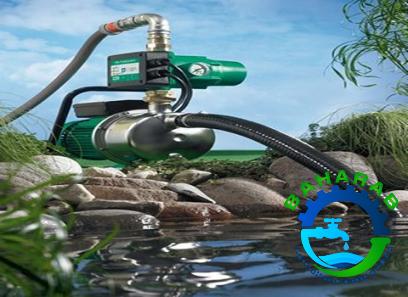 Factors to Consider When Choosing a Water Pump:
Factors to Consider When Choosing a Water Pump:
When selecting a water pump for your agricultural operation, there are several key factors to consider to ensure you choose the right pump for your specific needs: 1. Flow Rate: The flow rate of a water pump determines how much water it can move in a given time period. Consider the water requirements of your crops and the size of your irrigation system to determine the appropriate flow rate for your pump. 2. Head Pressure: Head pressure refers to the vertical distance that a pump can lift water. Ensure that your pump has sufficient head pressure to reach your water source and deliver water to your fields effectively. 3. Power Source: Consider whether you will be using electricity, diesel, or solar power to operate your water pump. Choose a pump that is compatible with your preferred power source for optimal efficiency. 4. Pump Efficiency: Look for a water pump with high efficiency ratings to reduce energy consumption and operating costs. Energy-efficient pumps can help you save money and minimize environmental impact.
…
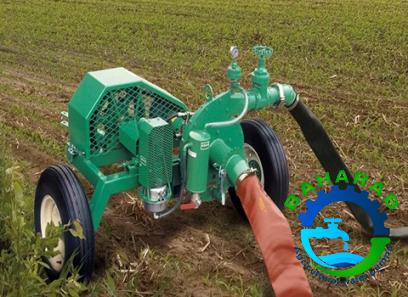 In conclusion, the process of selecting a water pump for agricultural use involves a careful evaluation of technical specifications, environmental considerations, cost-effectiveness, regulatory compliance, and vendor support. By taking a holistic approach to pump selection and considering a range of factors beyond just performance metrics, you can make a well-informed decision that aligns with your farm’s unique needs and priorities. Investing in a high-quality water pump that meets your requirements and operates efficiently can yield significant benefits for your agricultural operation, helping you achieve optimal crop yields and sustainable farming practices for years to come.
In conclusion, the process of selecting a water pump for agricultural use involves a careful evaluation of technical specifications, environmental considerations, cost-effectiveness, regulatory compliance, and vendor support. By taking a holistic approach to pump selection and considering a range of factors beyond just performance metrics, you can make a well-informed decision that aligns with your farm’s unique needs and priorities. Investing in a high-quality water pump that meets your requirements and operates efficiently can yield significant benefits for your agricultural operation, helping you achieve optimal crop yields and sustainable farming practices for years to come.
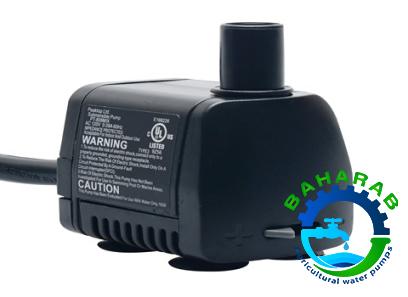
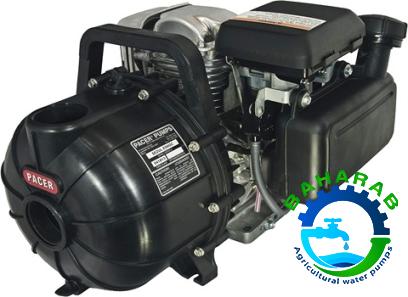
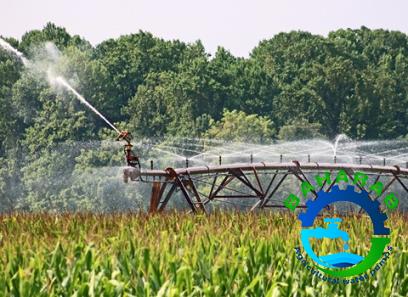
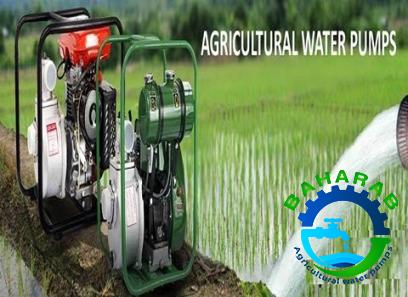
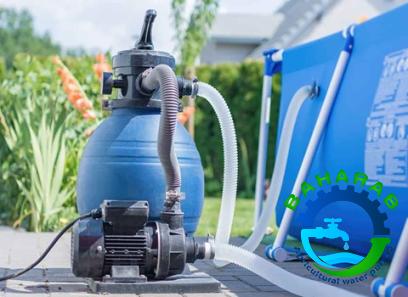
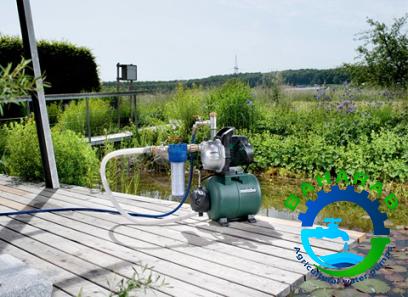
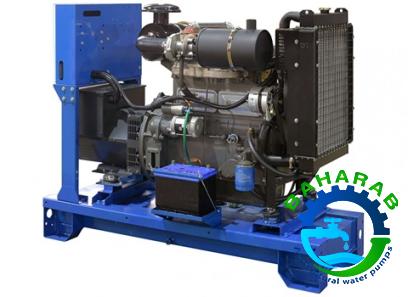
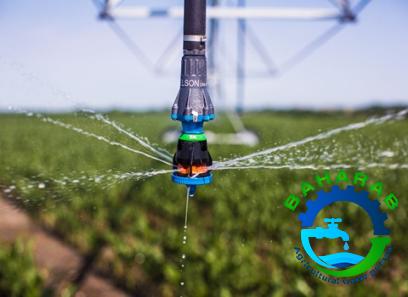
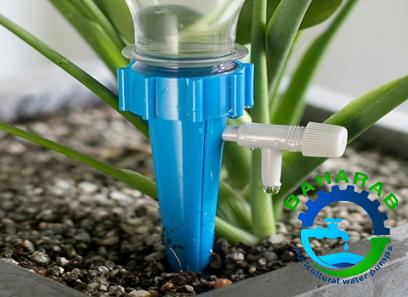
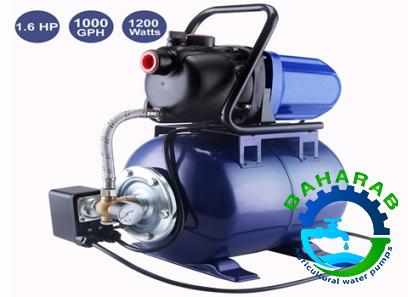
Your comment submitted.